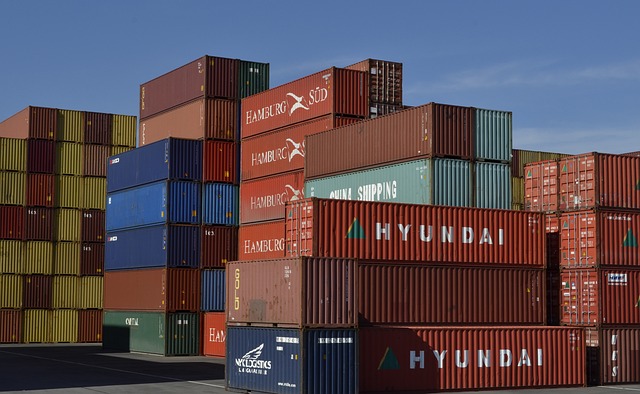
-
Storage charges after the free storage period (FSP) for export containers are chargeable to shipping lines, the Philippine Ports Authority (PPA) clarified
-
A PPA Board resolution was issued after concerns were raised by stakeholders as to the charging of the penalties for storage beyond the FSP
-
The new storage rates, which took effect on January 6, 2024, applies to all PPA government ports handling foreign containerized cargoes
The storage charges to be imposed after the free storage period (FSP) for export containers are chargeable to shipping lines, the Philippine Ports Authority (PPA) has clarified.
PPA Memorandum Circular (MC) No. 002-2024 dated February 8 said the clarification is pursuant to PPA Board Resolution No. 3267, signed on January 30, which approved the revision of MC 021-2023 to state that penalties or storage charges after the FSP are chargeable to shipping lines.
READ: Higher storage charges after free period take effect Jan 6
The PPA Board resolution came after concerns were raised by some stakeholders as to the charging of penalties for storage beyond the FSP.
But Association of International Shipping Lines president Patrick Ronas told PortCalls in a Viber message that storage charges have always been charged to shipping lines, which then pass on the charge to the exporter/shipper.
Some shipping lines also waive the storage charge for export if the shipper is a VIP of the carrier, Ronas said.
MC 021-2023 provides a 32% increase in storage charges for foreign containerized cargoes and impose a surcharge to the storage fee of reefer containers.
It amended MC 10-2013, which originally addressed an increase in storage charges for foreign containerized cargoes.
The new storage rates, which took effect on January 6, 2024, apply to all PPA government ports handling foreign containerized cargoes.
For import cargoes, storage charges apply after the FSP of five calendar days while for export cargoes, it starts after the FSP of four days. For transshipped boxes, FSP is 15 days.
In an October 18, 2023 public consultation, the PPA Commercial Services Department noted that storage fees for foreign containers have stayed the same since 2014.
Some foreign containers still stay in PPA ports beyond the FSP.
PPA says raising storage rates is a smart way to use the yard better and ensure quick removal of import containers, avoiding congestion.
A 150% surcharge on reefer storage is meant to encourage importers to quickly clear their containers, freeing up crucial storage space in ports and discouraging long-term storage use.
Business associations had called for an analysis of the proposed rate increase to prevent undue harm.
In the October public consultation, PPA clarified that the storage charge increase is not meant to generate revenue for the agency. It stressed that cargo owners can avoid these fees by promptly removing their containers within the FSP. – Roumina Pablo




